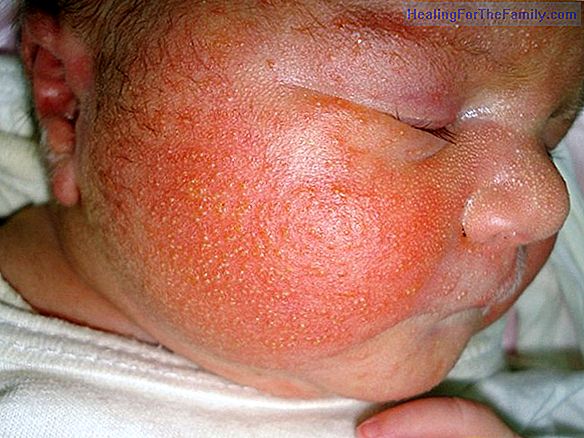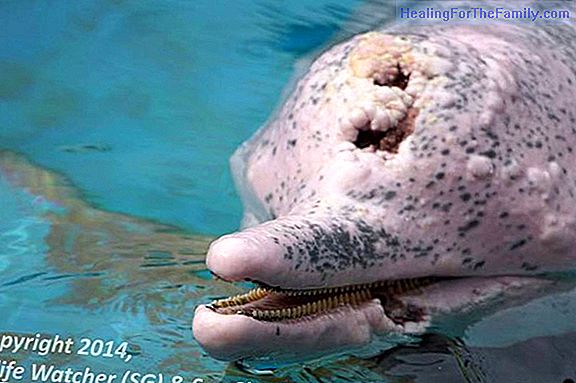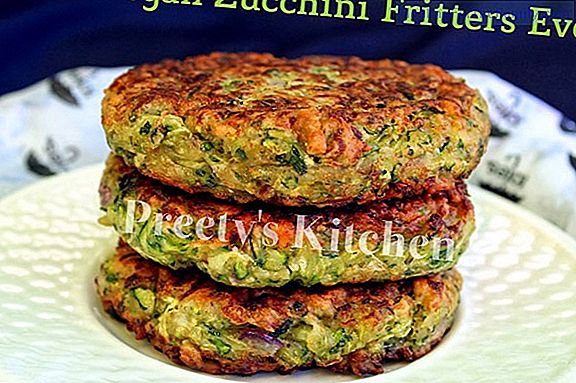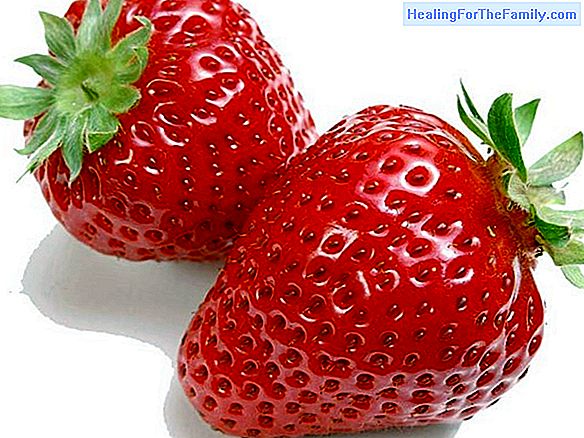Tips on fruit juices in the child's diet
Years ago the recommendations regarding infant feeding were very different from the current ones, and, in many cases, research and scientific advances have led to these changes. The introduction of food into the baby's diet should not be done until, according to the WHO, 6 months of age, and that in
Years ago the recommendations regarding infant feeding were very different from the current ones, and, in many cases, research and scientific advances have led to these changes. The introduction of food into the baby's diet should not be done until, according to the WHO, 6 months of age, and that includes any food and drink other than milk, maternal or artificial.
The juice offers absolutely no nutritional benefit in babies under 6 months, for which breast milk is the best food. This is sufficient reason to postpone its incorporation into the child's diet and, therefore, should not be introduced before this age.
Are juices good for children?
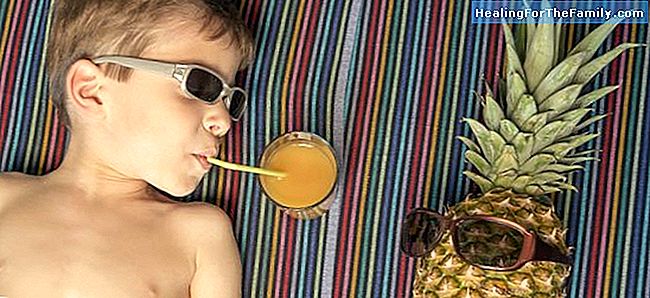
The industrial juice does not have any advantage, nutritionally speaking, on fresh fruit, neither in babies more than 6 months old nor in children, nor, logically, in adults. In fact, some fruit drinks are supplemented with milk or calcium coming from it, to make them rich in calcium, but lack other nutrients present in breast or cow's milk, so it would be more convenient to take juice, for one part, and the usual milk for another.
However, natural juice can be part of the usual diet provided it is consumed as part of a balanced diet en and in moderate amounts . Not so fruit drinks, which nutritionally are not equivalent to natural fruit juice.The consumption of fruit juice or drinks in excess has been linked to the development of certain symptoms such as diarrhea, flatulence, as well as the appearance of dental caries. In fact, to avoid or prevent tooth decay due to excessive consumption, the juice should not be supplied in bottles or non-drip cups that the child can dispose of at will, but in a timely manner and in a glass, and never when the baby or child is going to go to sleep.
More dangerous,
juice consumption correlates with overweight and malnutrition . Overweight because it provides high amounts of simple sugars and malnutrition because the vast majority of the micronutrients provided by natural fruit are not present in fruit juice.It is also not appropriate to use it as a substitute for water
to treat dehydration or to control diarrhea. Parents should encourage consumption of whole fruit instead of juice in their children, and consumption of recommended dietary amounts. Consumption, however, should be limited to a daily ration of less than 200 ml in children under 6 years of age or no more than 350 ml in children over 7 years of age.
It is the parents' job
to differentiate fruit juice from drinks made with juice or nectar y, and teach their children to differentiate them, reserve juices and fruit drinks for special occasions, which always exist, and encourage the consumption of fresh fruit daily.


